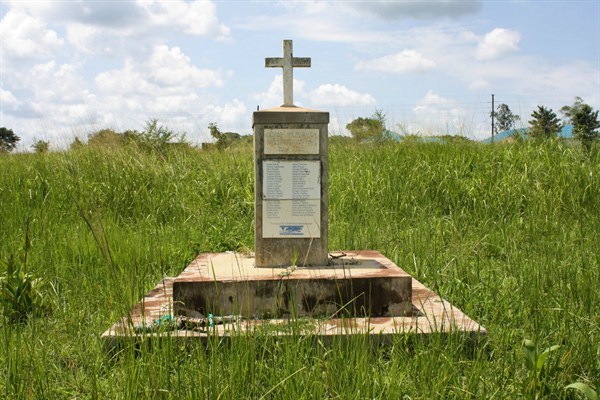GULU and KAMPALA, Uganda—Deep scars cut into the flesh of Docobella Loremoi’s ankle. He was abducted by Joseph Kony’s brutal Lord’s Resistance Army in 1988, and later injured in a battle between LRA rebels and government forces. Some 30 years on, the wound still causes him pain. He is unsure if bomb fragments remain in his leg and cannot afford an X-ray.
Loremoi is just one of many victims suffering mental and physical trauma resulting from the 20-year LRA insurgency, during which an estimated 2 million people were displaced in northern Uganda.
Last month, Uganda’s Cabinet finally approved a new national transitional justice policy designed to support these victims, but what impact it will have if and when it’s fully implemented remains to be seen.

